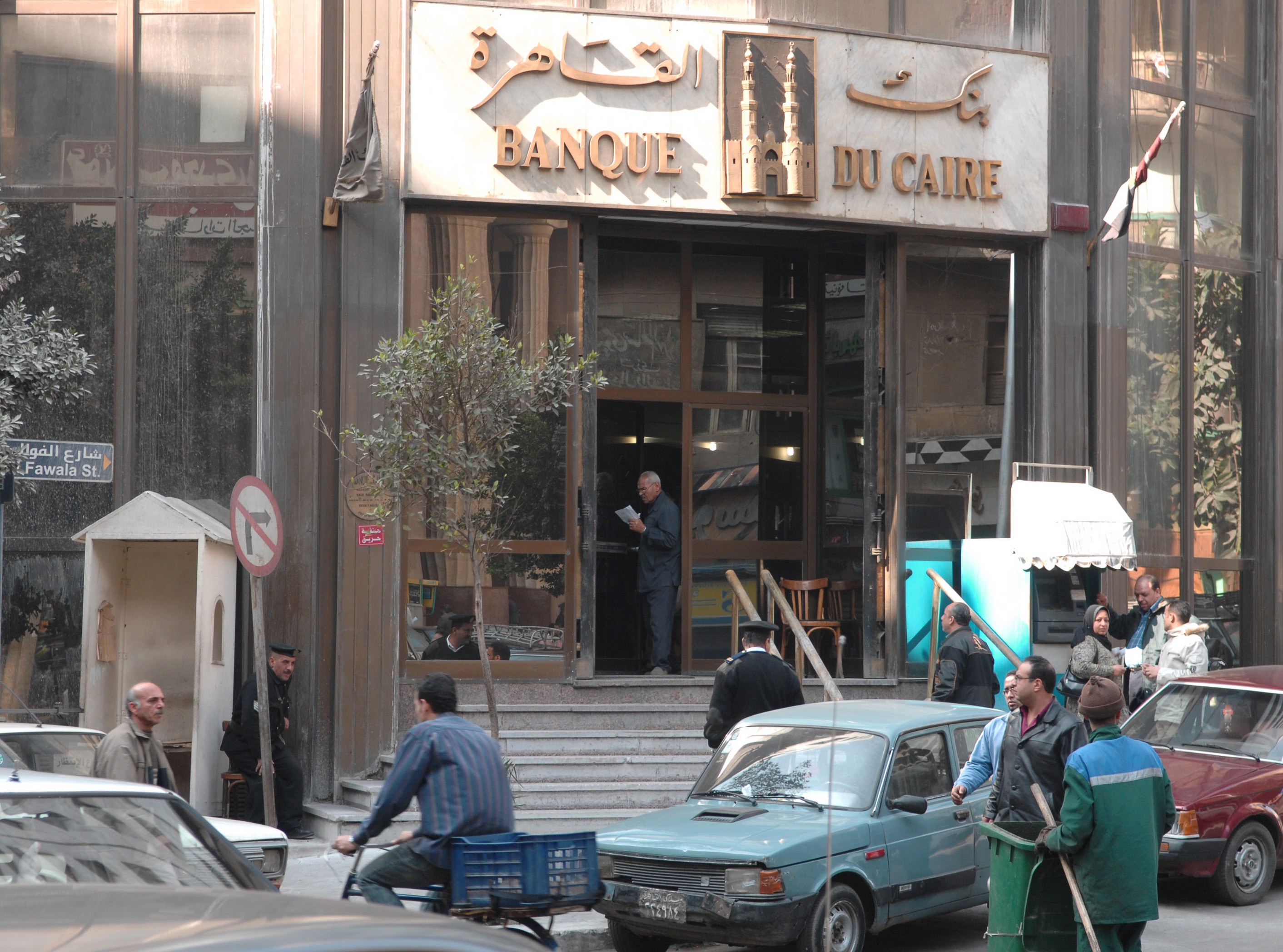After the forestalled implementation of the 2014 Central Bank of Egypt’s (CBE) financing initiative, Banks will withdraw EGP1bn of the allocated EGP10bn to finance housing purchases of low-and middle-income individuals, according to CBE Deputy Governor Gamal Negm.
During his participation in the eighth annual conference of the Egyptian Banking Institute last week, Negm explained that there is an agreement between banks and the CBE to formulate standards for mortgage financing.
In February 2014, the CBE launched its initiative to finance low- and middle-income individuals. CBE is scheduled to discuss the criteria for the agreement with banks in the coming days.
Under the terms of the initial measure, the CBE earmarked EGP10bn to banks in the local market by offering low lending rates for 20 years. The banks would then lend to low-income individuals at a decreasing interest rate of 7% per year and a decreasing interest rate of 8% per year for middle-income individuals.
In February 2016, the Central Bank amended some of the terms of its initiative. The most important amendments included providing the opportunity for low-income individuals who earn less than EGP 1,400 to benefit from the initiative at an annual decreasing yield of 5% as opposed to 7%.
The required down payment was also reduced to EGP 12,000. with the CBE attempt to motivate banks to finance income brackets that may have difficulty in obtaining proof of their income by covering their credit risk via group insurance policies.
The Mortgage Finance Fund, a subsidiary of the CBE, determines the incomes that are allowed to acquire financing through the initiative, as well as price limits for units that can be financed for the low-income bracket.
The amendments also included providing mortgage financing to a new income bracket under the name “average distinctive income”, at an annual decreasing yield of 10.5% per year, provided that the maximum monthly income of the beneficiary is no greater than EGP 15,000 per individual and EGP 20,000 per household, where the maximum loan provided for members of this income bracket is EGP 950,000.
The CBE has held monthly meetings with banks to discuss the obstacles that have hindered the implementation of the initiative, according to CBE Deputy Governor Tarek El-Khouly.
The National Bank, Banque Misr, Banque du Caire, and Housing & Development Bank are the most active banks in granting funds under the auspices of the CBE initiative, according to El-Kholy.
The Housing and Development Bank granted EGP 750m to about 10,000 low-and middle-income individuals so that they can purchase housing units through CBE’s initiative until the end of 2015, according to Fathi Sebaey, the bank’s chairperson and managing director.
Sebaey added that the Housing and Development Bank aims to increase the size of funding to EGP2bn by the end of the year.
Regarding the stalled implementation of the CBE initiative, Sebaey said the banks involved faced several problems at the start of the initiative’s application, but those challenges have been overcome and the banks are therefore eligible to start the initiative’s implementation with more speed in the coming period.
Sebaey added that he expects accelerated growth rates in the real estate sector this year, possibly exceeding 7%.
The demand for real estate in the Egyptian market has reached up to 600,000 units per year, while the number of available units does not exceed 300,000, according to Sebaey, which has created a big gap between demand and supply.
“Islamic banks operating in the Egyptian market are in a different situation that has prevented them from benefitting from the CBE initiative,” according to Sabri El-Bendary, a deputy general manager of local investment bank, with which he has asked not to be identified. “The situation has changed now, and these banks have begun implementing the initiative.”
According to the system with which the Islamic banks work, it was necessary to adopt and accredit the cost-plus contract in mortgage financing in order for these banks to participate in the CBE’s Initiative, El-Bendary explained.
The involved banks have already obtained approval from the Egyptian Financial Supervisory Authority to adopt the cost-plus contract in mortgage financing, thus allowing for Islamic banks to provide funding that is compliant with Islamic lending practices.
Faisal Islamic Bank allocated EGP200mn to finance housing purchases for low- and middle-income individuals. The bank also signed an agreement with Mortgage Finance Fund to achieve this goal.
According to Bendary, Faisal Islamic Bank recently approved the financing of five people, and expects other Islamic banks will participate in the CBE initiative in the coming period.



